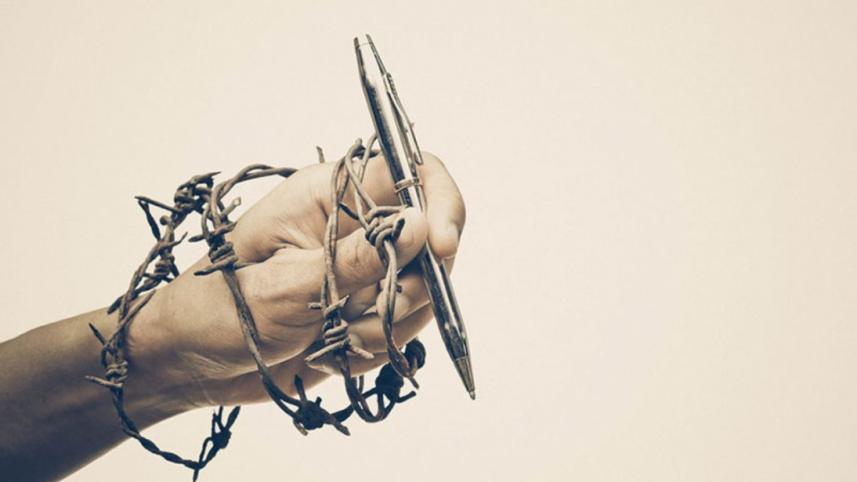Bangladesh govt penalised media that criticised it: US Dept of State

The US Department of State published the 2020 Country Reports on Human Rights Practices on March 30, 2021. The annual reports are qualitative observations regarding human rights practices for most countries in the world.
US Secretary of State, Antony Blinken, while releasing the report yesterday, noted that the 2020 observations reflect the unique challenges nations had to confront as Covid-19 spread throughout the world. "The pandemic impacted not only individuals' health but their abilities to safely enjoy their human rights and fundamental freedoms."
The report claims the Chinese authorities committed "genocide" against Uighur Muslims in the country and crimes against humanity "including imprisonment, torture, and enforced sterilisation". The report also stated that the Ortega regime in Nicaragua passed increasingly repressive laws that had severely limited the ability of opposition political groups and independent media to operate.
It also noted that Bangladesh government "may restrict speech deemed to be against the security of the state; against friendly relations with foreign states; and against public order, decency, or morality; or which constitutes contempt of court, defamation, or incitement to an offense". Citing the Digital Security Act (DSA), US State Department observed that Bangladesh widely used the law against persons questioning the government's handling of the pandemic.
Accordingly, US State Department cites that during the week of May 3, Bangladeshi press reported at least 19 journalists, activists, and other citizens were charged under the DSA with defamation, spreading rumours, and carrying out anti-government activities.
Authorities, including intelligence services and student affiliates of the ruling party, subjected journalists to physical attacks, harassment, and intimidation, especially when tied to the DSA, it says. The report finds that the government "penalised media that criticised it or carried messages of the political opposition's activities and statements."
Many Bangladeshi journalists "self-censored their criticisms of the government due to harassment and fear of reprisal", it says. It notes that photojournalist Shafiqul Islam Kajol was forcibly disappeared and held in detention for months. A member of parliament filed a case against Kajol and 31 others, claiming a media story covering a crime syndicate involving drugs, money, and prostitution defamed the MP. Kajol spent 237 days in prison on defamation charges and was released on bail on December 25.
 For all latest news, follow The Daily Star's Google News channel.
For all latest news, follow The Daily Star's Google News channel.